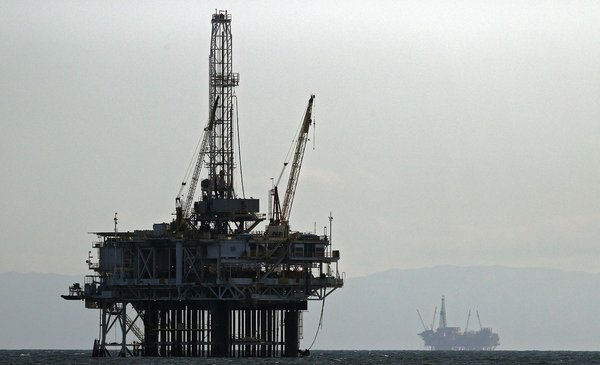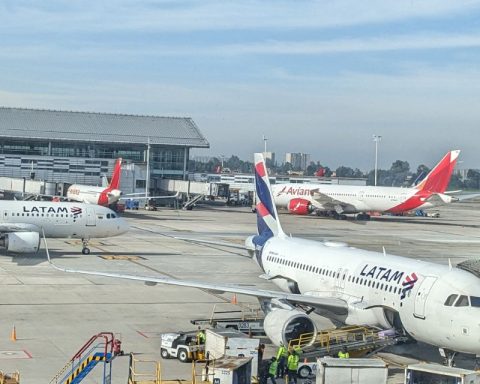The oil prices rebounded shortly before closing this Monday after the announcement of the relocation of the US embassy from Kiev to Lviv, in the Ukraine that was interpreted as a sign of imminent attack.
The North Sea Brent barrel price for delivery in April, the most negotiated in London, gained 2.16%, to finish at US$96.48. a few minutes before, Brent crude had risen to $96.78 for the first time since September 2014.
In New York, the barrel of West Texas Intermediate (WTI) with deadline in March, it gained 2.53%, for a close at US$95.46. During the session, it reached its highest level since September 2014, at $95.82.
U.S announced on Monday the temporary transfer of its embassy in Ukraine from Kiev to Lviv, in the west of the country, before “the spectacular acceleration” of the deployment of Russian forces on the border.
The news marked a turning point in black gold prices, which had already been on the rise.
The American decision to move its embassy has just relativized the comments of the head of Russian diplomacy, Serguei Lavrov, who in a television meeting with Russian President Vladimir Putin estimated, early Monday, that there was still “an opportunity” to arrive to a compromise on the Ukrainian crisis.
In January, Robert Yawger, head of energy futures at Mizuho Securities, explained to AFP that the increases in international values are due to the fact that Russia exports five million barrels per day and “it is enough that there are sanctions or supply problems, an oil pipeline that explodes or a storage terminal that closes” for the offer to contract.
“The market is tight” with insufficient supply “and OPEC (Organization of Petroleum Exporting Countries) doesn’t seem to want to react and put more oil on the market,” said analyst John Kilduff at investment consulting firm Again Capital.
Last month, the Executive Power resolved an adjustment in the price of fuel for February. The price of Super 95 gasoline rose $3 per liter at the pump (4.26%) and went from $70.41 to $73.41 per liter, while common diesel also increased $3 per liter (6%) and went from $49.94 to $52.94.
The Ursea report at the time indicated a rise in international oil prices that the entity had to transfer to its prices after four months of frozen rates. With the current trend in crude oil prices, the scenario could be repeated for next month.
with AFP


















